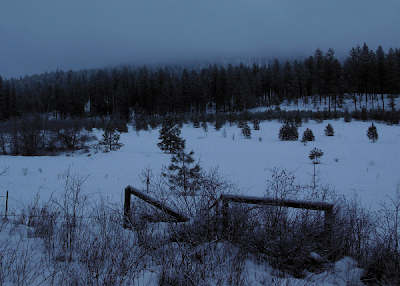My coursework at Gonzaga is becoming more meaningful.
Most recently, I enrolled in a course called 'Feminist Ethics.' Our first assignment was to write a personal manifesto describing our individual ethical stance. Of course, we are required to situate our personal ethics within the context of Western ethical orientations or schools of thought, but at the end of the day, we are free to express an ethical position based upon our own cultural experience. The purpose of the assignment is simply to understand ourselves and others as ethical beings.
I decided to write my personal ethical statement based upon an indigenous worldview. Obviously, this presents a few challenges. Most significantly, indigenous cultures have been heavily influenced by an overwhelming force of colonization. In particular, both Catholic and Protestant missionaries attempted to extinguish indigenous forms of spirituality while a long series of government policies attempted to eradicate Native cultures by assimilating tribal peoples into the dominant culture. As a result, some now argue that it is nearly impossible to find a 'pure' description of indigenous ethics, untainted by outside influences.
However, I would argue that our language is the best source of pre-colonial thinking.
When I recently visited my uncle on the Spokane Reservation, I posed the following question: "In our language, how do we say that something is ethically right or wrong?"
He thought for a moment and said, "I suppose there are many ways to say something is 'right,' but perhaps the easiest way is just to say 'xest' or 'good.' To say something is morally wrong, we would say, 'tam qe nk'ʷulmn,' or in other words, 'That is not our way.'"
His philosophy allows our family or tribe to take a strong ethical position on any subject without necessarily assuming that other practices are 'wrong.' In fact, his answer embodies the Ethic of Respect that I have come to experience across many indigenous cultures. We respect the ways of our own people while allowing others the same privilege. This is a powerful distinction between a traditional indigenous worldview and the ethics of colonization.
These photographs were taken last Sunday
when I drove to the Spokane Reservation.



No comments:
Post a Comment